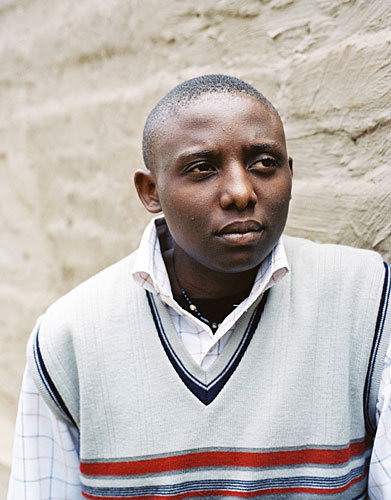Check out these powerful films -- Taxi Sister, KungFu Grandma, The Witches of Gambaga, and Ladies' Turn -- exploring the lives of African women through narrative documentary. They're showing at the London Feminist Film Festival, which was set up as a response to the under-representation of women in the film…
-
-
Challenging Gender Binaries in the Motherland: Could Transgender and Intersex Activism Unite Africa’s Movements?
The existence of LGBT Africans ultimately challenges the view that Africans are naturally attracted to people of the opposite sex (i.e. the Homosexuality is UnAfrican mantra). However, this pigeon-holes the entire continent — straight and LGBT Africans alike — into addressing homophobia from just one angle: sexual orientation. The danger…
-
New Narratives, New Voices: Why I Hate the Word Diversity
But in my fight for "diversity", I've often found myself pigeon-holed into choosing on one fight -- the "people of color" fight -- over others (sexism, immigration etc), and losing critical ground on those other fronts as a result.

